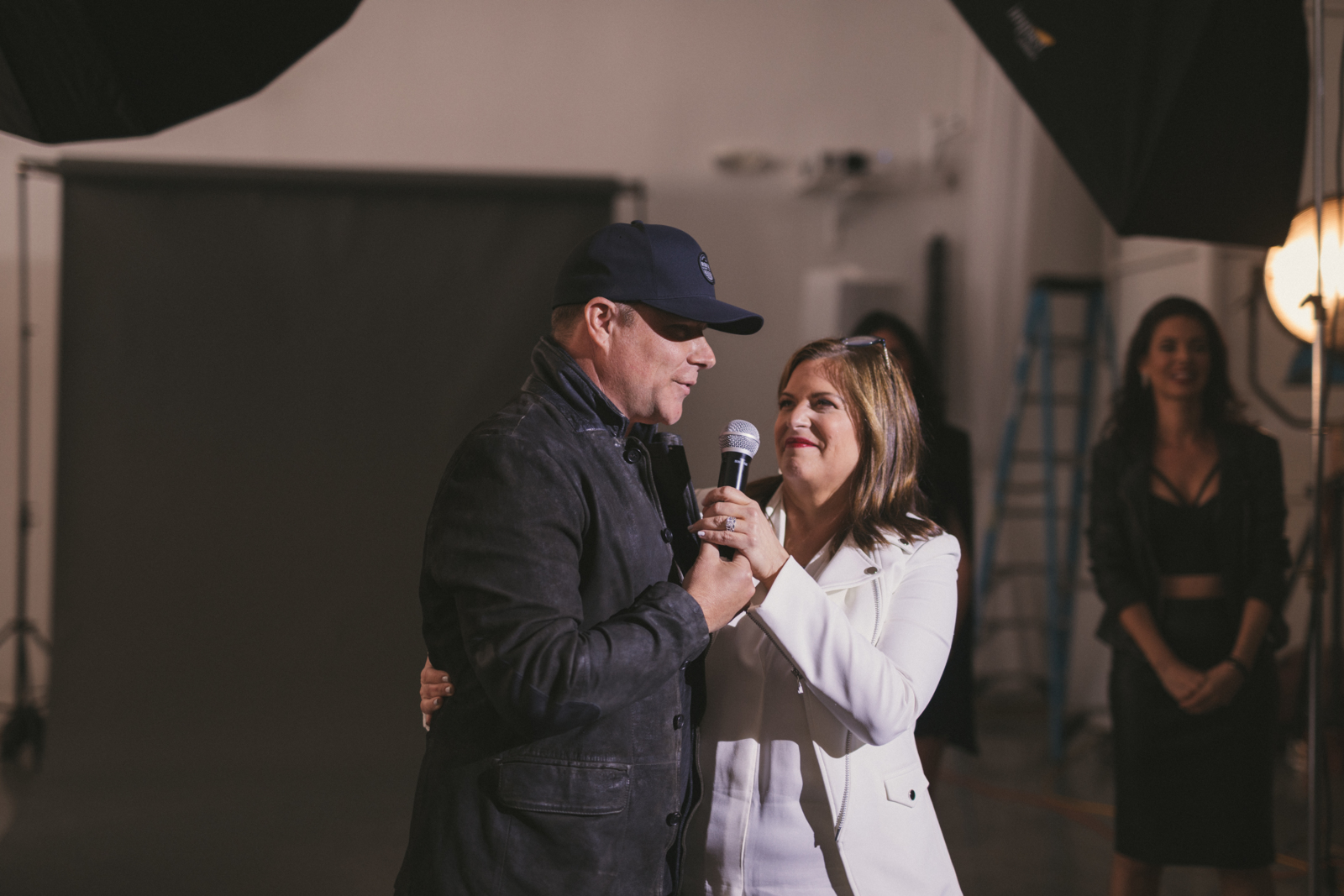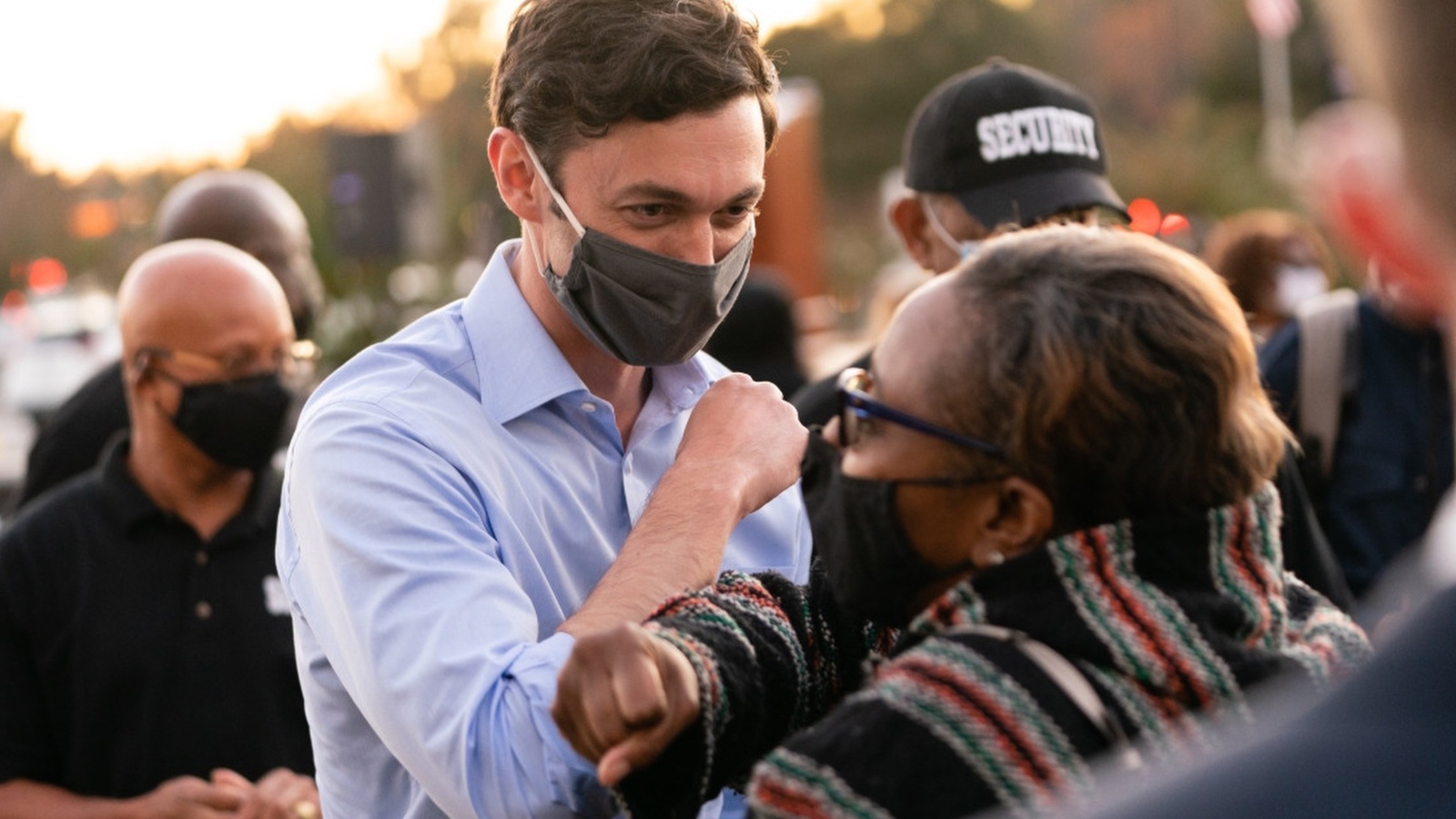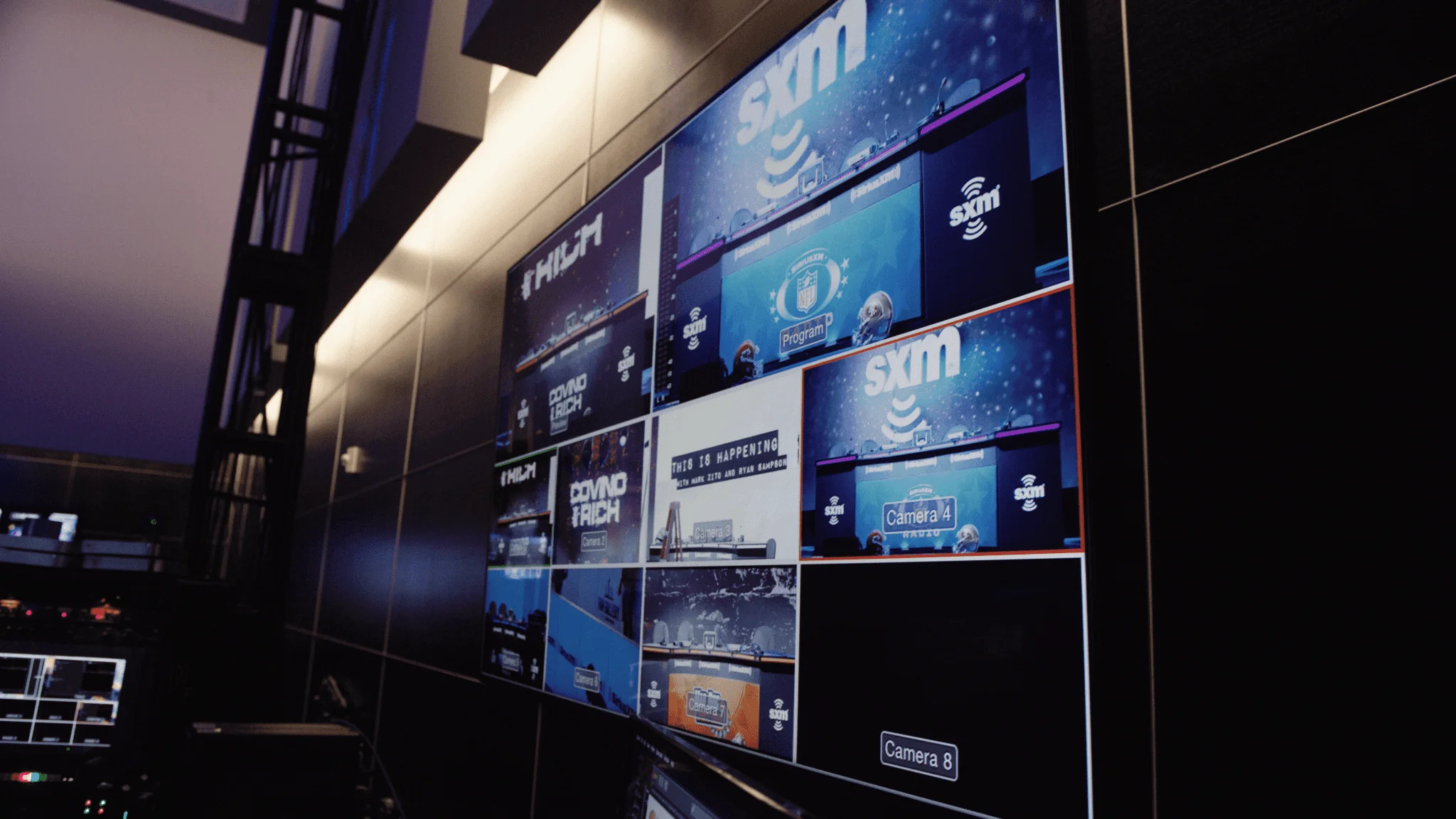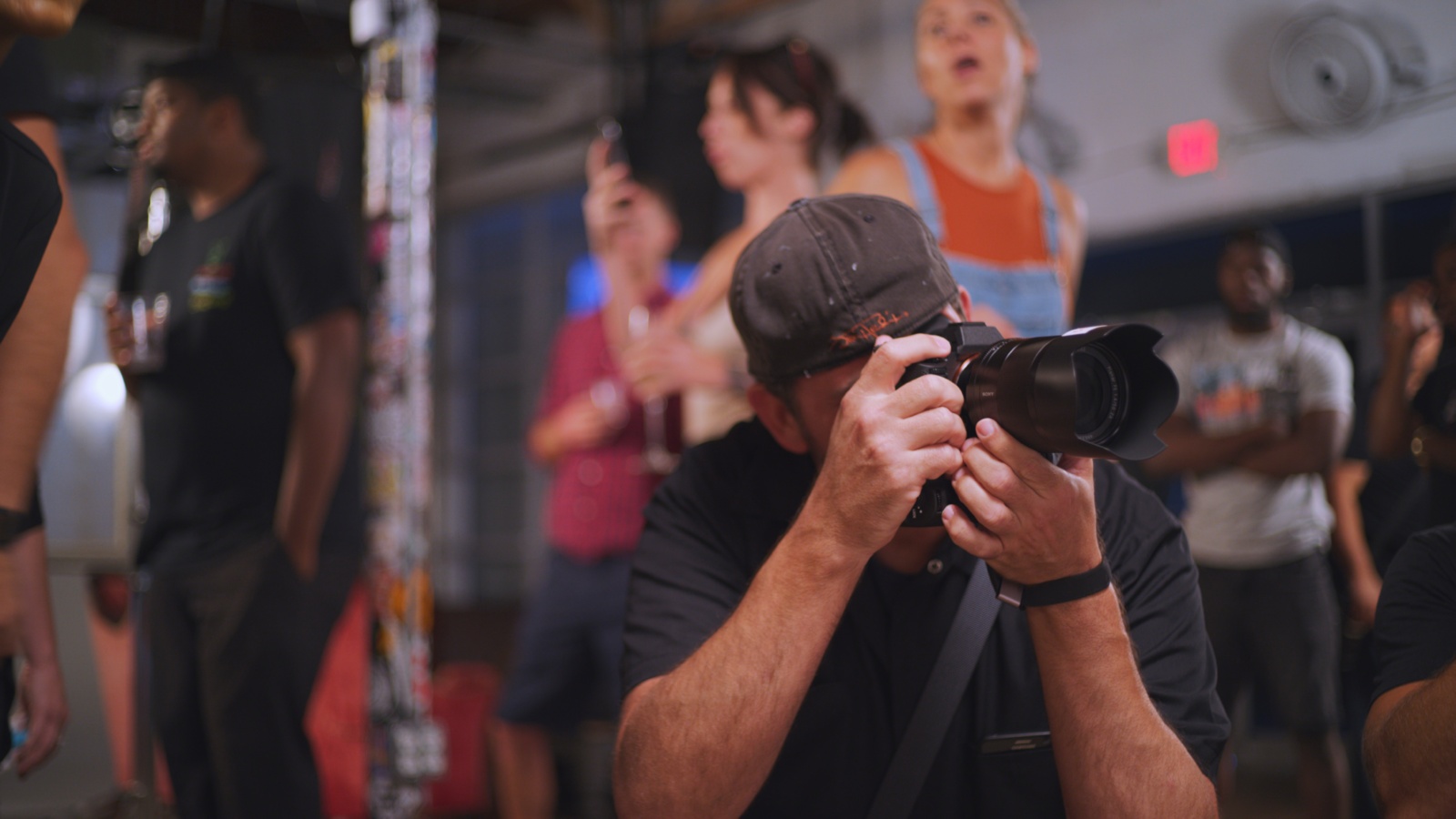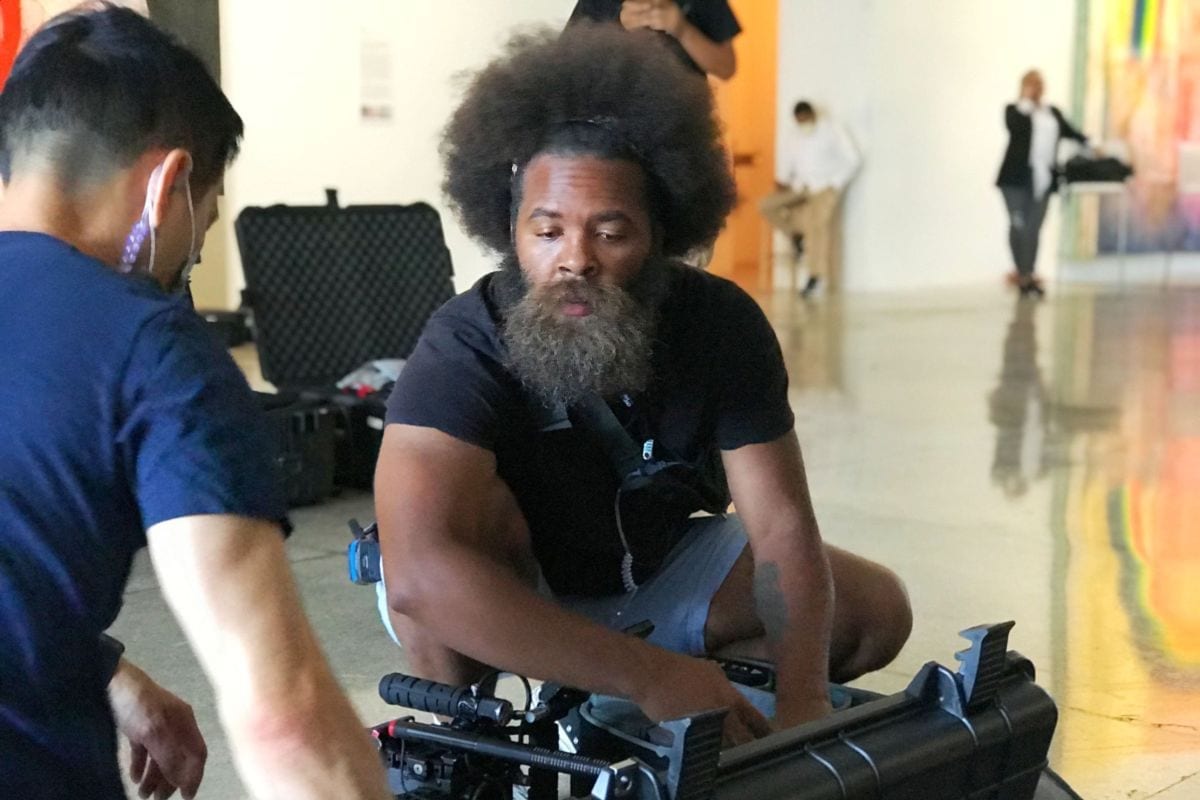A Step-by-Step Guide to Starting a Reality TV Show
The world of reality TV is vast and diverse, captivating audiences with its raw emotion, unscripted drama, and real-life entertainment. If you've ever dreamed of creating your own reality TV show, knowing where to start can be daunting. This guide will walk you through the essential steps of developing your concept, pitching to networks, assembling a production team, and more.
